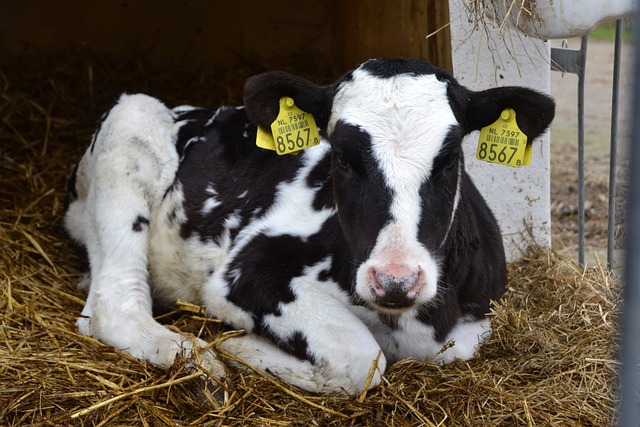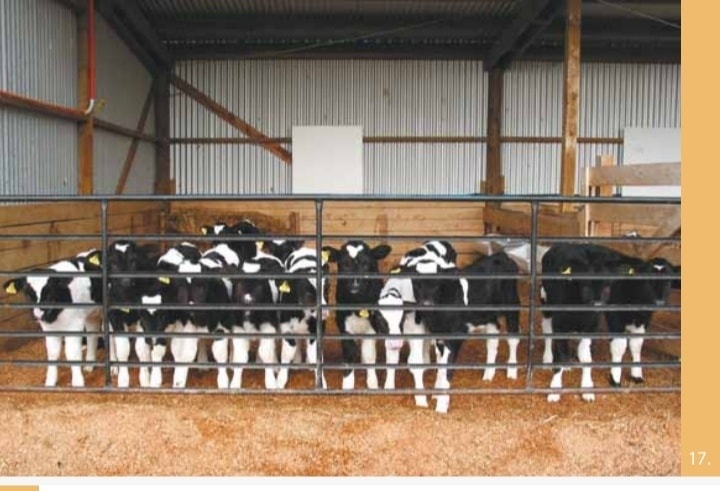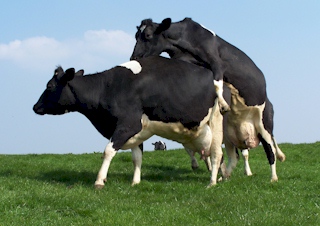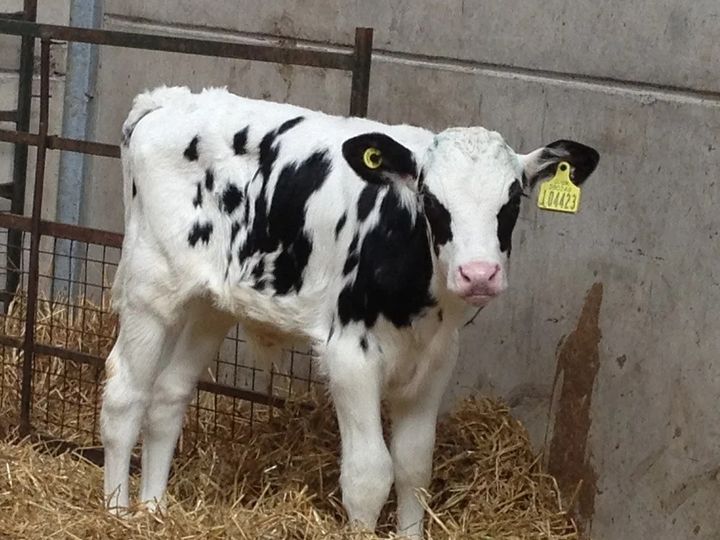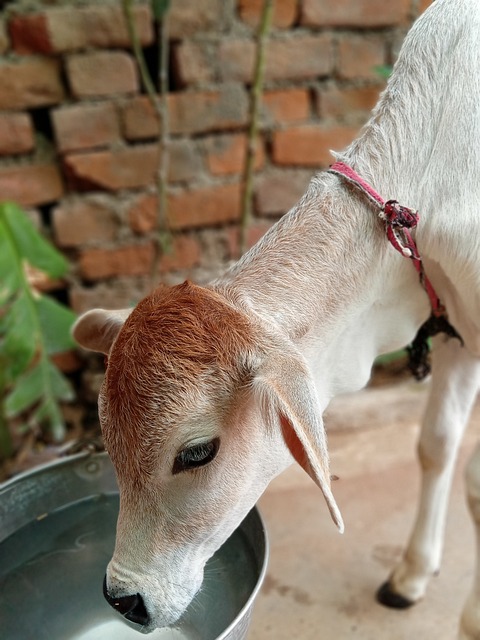Diarrhea in calves is a significant health issue in calf rearing that can lead to serious consequences, including dehydration, poor growth, and even mortality. Effective management practices are crucial in minimizing the incidence and impact of diarrhea. Here, we explore various strategies, incorporating both established practices and additional recommendations, to help ensure the health and well-being of calves.
Clean Calving Environment
Ensuring a clean calving environment is the first step in preventing diarrhea in calves. Calving should take place in a special calving pen that is kept clean and free from contaminants. This minimizes the exposure of newborn calves to pathogens that can cause diarrhea. Regular cleaning and disinfection of the calving area, along with the use of clean bedding, can significantly reduce the risk of infection.
Colostrum Management
Colostrum is the first milk produced by the cow after giving birth and is rich in antibodies that are crucial for the calf’s immune system. It is vital to offer high-quality colostrum to the calf as soon as possible, ideally within the first two hours of life.
To ensure adequate passive transfer of immunity, a second feeding of colostrum should be provided within 6-12 hours. Offering colostrum for the first three days (approximately six feedings) before transitioning to fresh milk is recommended. This practice ensures that the calf receives the necessary antibodies to fight off infections during its early life stages.
After the initial colostrum phase, the calf should be shifted to fresh milk, with an intake of about 4 liters in 24 hours for the first 15 days. It is important to maintain consistent feeding times and ensure that the milk temperature is between 37-40°C to avoid digestive disturbances. Overfeeding should be avoided as it can lead to digestive issues and diarrhea.
Feeding Practices
For calves showing signs of diarrhea, it is advisable to decrease milk intake and offer colostrum instead, as it is easier to digest and provides essential nutrients and antibodies.
Hygiene and Sanitation
Maintaining a clean and hygienic environment is crucial in preventing diarrhea. Bedding should be clean and changed routinely, and a separate area should be designated for calves with diarrhea to prevent the spread of infection. Daily spraying with disinfectant and sprinkling lime stone on alternate days can help maintain a sanitary environment.
All utensils used for feeding should be cleaned with warm water to ensure they are free from contaminants. This practice helps prevent the ingestion of harmful pathogens that could lead to diarrhea.
Use of Probiotics and Oral Rehydration Solutions (ORS)
Probiotics can play a significant role in promoting gut health and preventing diarrhea. Adding probiotics to the milk from the second feeding until 15 days can help establish beneficial gut flora, which can enhance digestion and immune function.
In cases of diarrhea, offering water mixed with ORS sachets can help prevent dehydration and maintain electrolyte balance. This is especially important as diarrhea can quickly lead to severe dehydration in young calves.
Monitoring and Adjustments
Regular monitoring of calves for any signs of illness, including diarrhea, is essential. Early detection allows for prompt intervention, which can prevent the condition from worsening. Adjusting feeding practices and environmental conditions based on the calf’s health status can help minimize the impact of diarrhea.
Additional Recommendations
- Vaccination: Ensure that the cows are vaccinated against common pathogens that cause diarrhea, such as rotavirus and coronavirus. This can help reduce the risk of transmission to the calves.
- Regular Health Checks: Conduct regular health checks for both cows and calves to identify and address any health issues promptly.
- Stress Reduction: Minimize stress for the calves by providing a calm and comfortable environment. Stress can weaken the immune system and increase susceptibility to infections.
Conclusion
Minimizing diarrhea in calves requires a comprehensive approach that includes maintaining a clean calving environment, proper colostrum management, consistent and appropriate feeding practices, and rigorous hygiene and sanitation. The use of probiotics and ORS, along with regular monitoring and adjustments, can further enhance calf health and prevent diarrhea. By implementing these management practices, farmers can ensure the well-being and growth of their calves, leading to healthier and more productive livestock.

